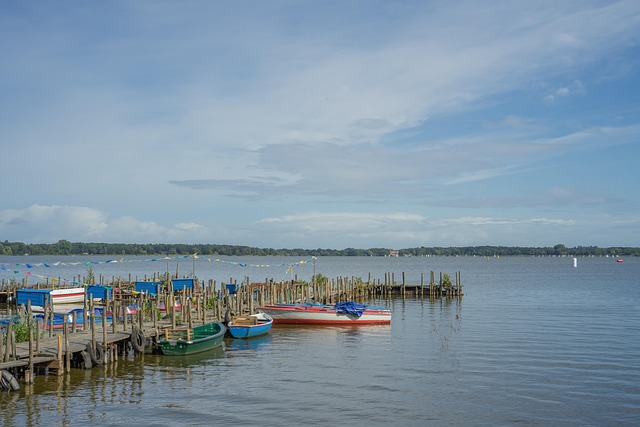The real estate industry is undergoing a significant transformation due to shifting consumer preferences and technological advancements, favoring short-term lodging options over traditional hotels. Platforms offering vacation rentals, peer-to-peer lending, and shared spaces have disrupted the market, providing alternatives for both accommodation seekers and property owners. Investors and developers recognize the potential of short-term lodging for higher returns, leading to the development of mixed-use properties designed for both permanent residents and transient visitors. This trend offers authentic local experiences with flexible accommodations appealing to diverse travelers, while enabling property owners to diversify income streams through strategic management involving competitive pricing, efficient communication, prompt maintenance, and digital tools.
In today’s dynamic travel landscape, short-term lodging has emerged as a prominent trend, reshaping the real estate market. This article explores the rise of short-term stays and their multifaceted benefits for both travelers seeking unique experiences and property owners looking to maximize returns. We delve into effective management strategies, providing insights for navigating this evolving sector, where flexibility and convenience reign supreme. Discover how this alternative accommodation option is revolutionizing the way we travel and invest in real estate.
The Rise of Short-Term Lodging: A Real Estate Trend

The real estate industry has witnessed a significant trend in recent years with the rise of short-term lodging options for travelers. This shift is driven by changing consumer preferences and technological advancements that have made it easier than ever to connect hosts and guests. Platforms offering vacation rentals, peer-to-peer lending, and shared spaces have disrupted the traditional hotel market, providing an alternative for both accommodation seekers and property owners looking to monetize their assets.
Real estate investors and developers are taking notice, as short-term lodging presents a lucrative opportunity with potentially higher returns than long-term rentals. The flexibility and convenience offered by these accommodations cater to modern travelers’ demands, especially those seeking authentic local experiences. This trend is reshaping urban landscapes and suburban areas alike, encouraging the development of mixed-use properties designed to accommodate both permanent residents and transient visitors.
Benefits for Travelers and Property Owners

Short-term lodging options, like vacation rentals and Airbnb-style stays, offer numerous advantages for both travelers and property owners in today’s dynamic travel landscape. For guests, these alternatives provide a more authentic and local experience. Instead of traditional hotels, travelers can immerse themselves in vibrant neighborhoods, enjoy spacious accommodations, and often access unique amenities that cater to their specific needs and preferences. This flexibility is particularly appealing to families, groups of friends, or business travelers seeking extended-stay options.
From the perspective of real estate owners, participating in the short-term rental market presents a lucrative opportunity. Property owners can monetize their assets by renting them out for shorter periods, diversifying their income streams and potentially increasing overall revenue compared to traditional long-term rentals. This model allows homeowners to take advantage of peak travel seasons, attract a diverse range of guests, and build a passive income source without the full-time management responsibilities typically associated with running a hotel or guesthouse.
Strategies for Effective Short-Term Rental Management

Managing short-term rentals effectively requires a strategic approach that leverages real estate expertise. The first step involves understanding market dynamics to set competitive yet profitable pricing. This includes analyzing local demand, seasonal trends, and comparable rental rates in the area. Regularly reviewing and adjusting prices based on these factors ensures optimal occupancy and revenue.
Additionally, efficient property management involves streamlined communication with guests, prompt maintenance response, and meticulous cleaning between stays. Implementing digital tools for reservations, check-in/check-out processes, and feedback collection can enhance efficiency. Real estate professionals should also focus on creating a welcoming atmosphere by ensuring the space is well-maintained, comfortable, and equipped with essential amenities to cater to travelers’ needs.






